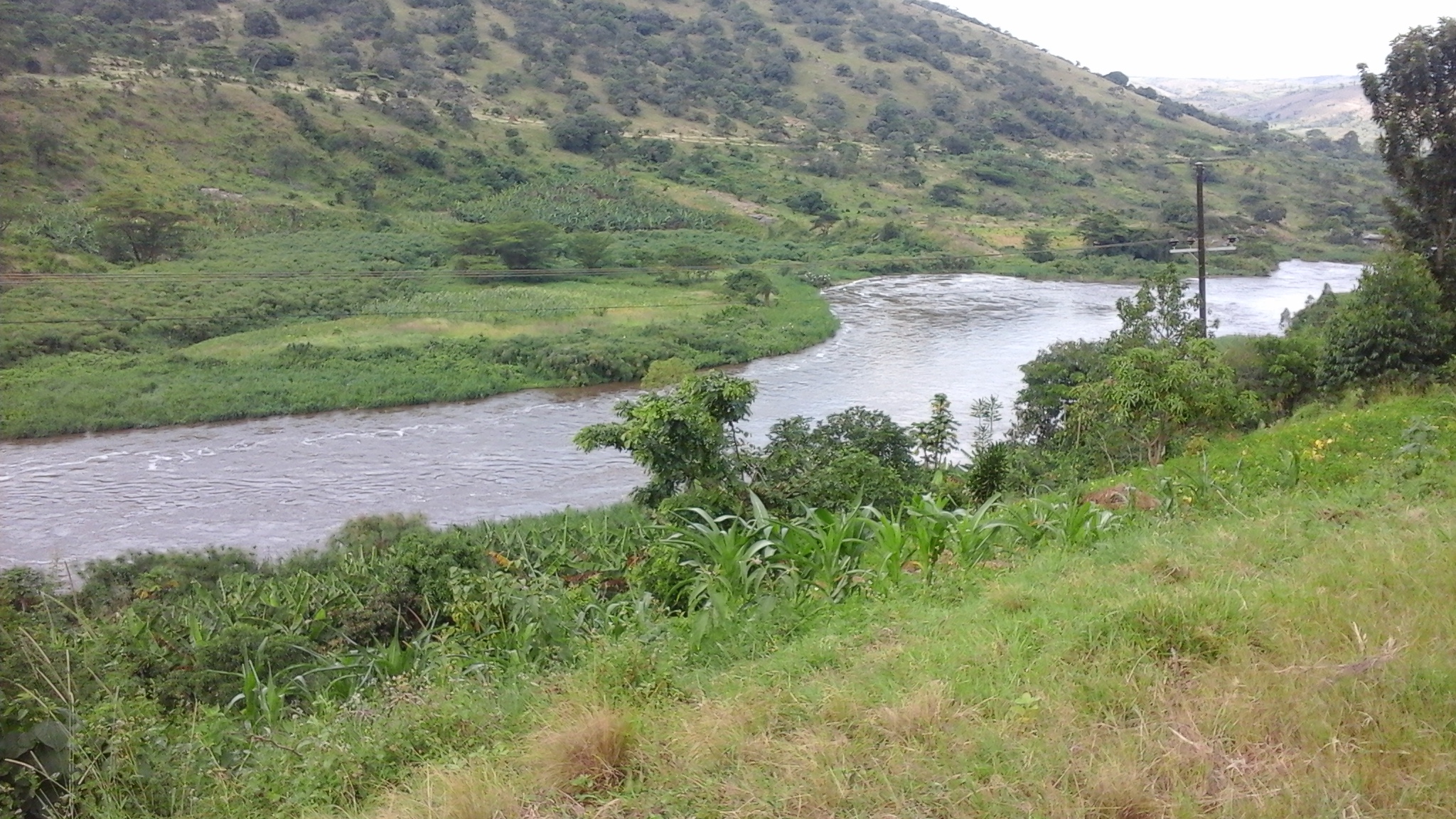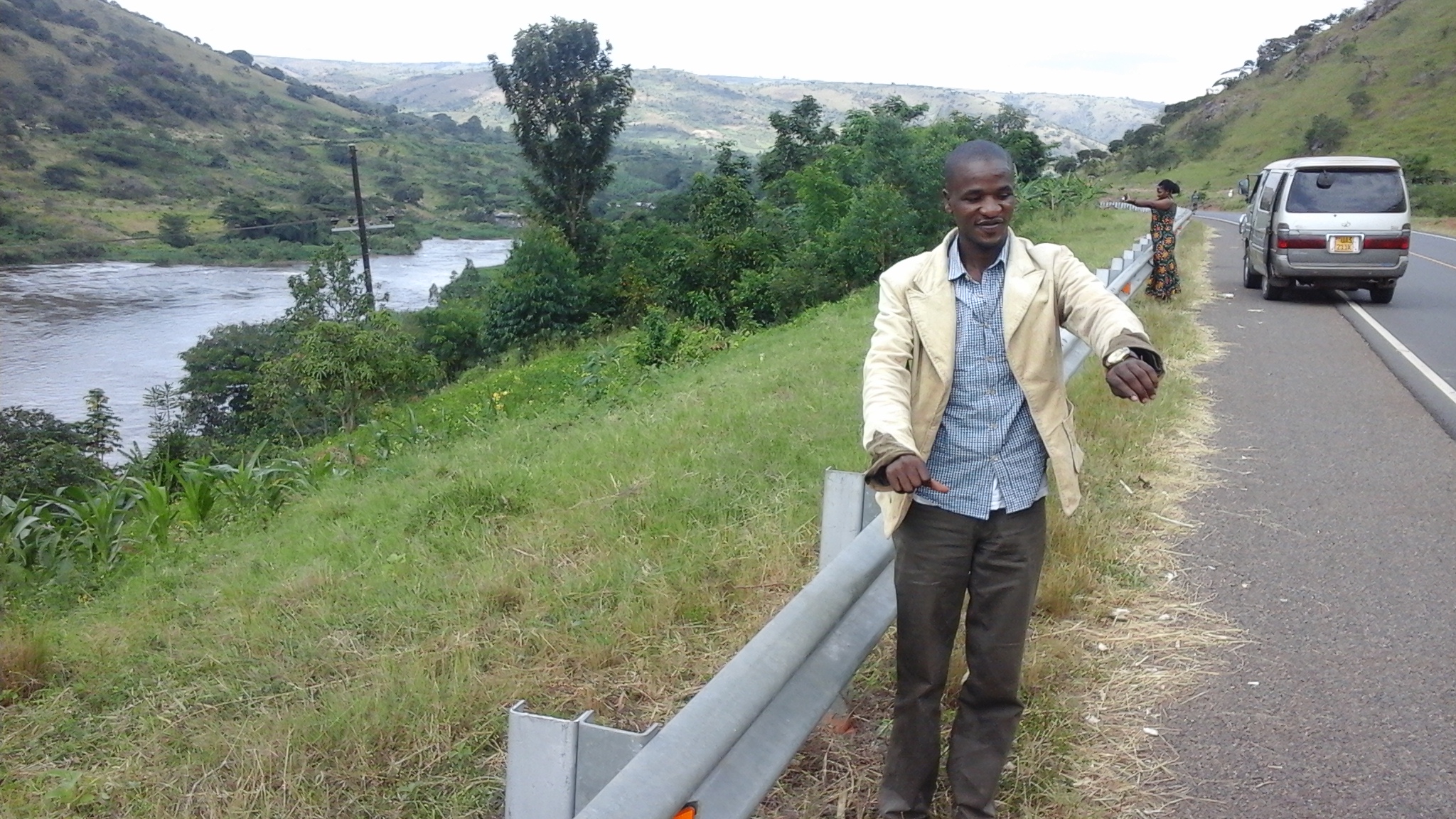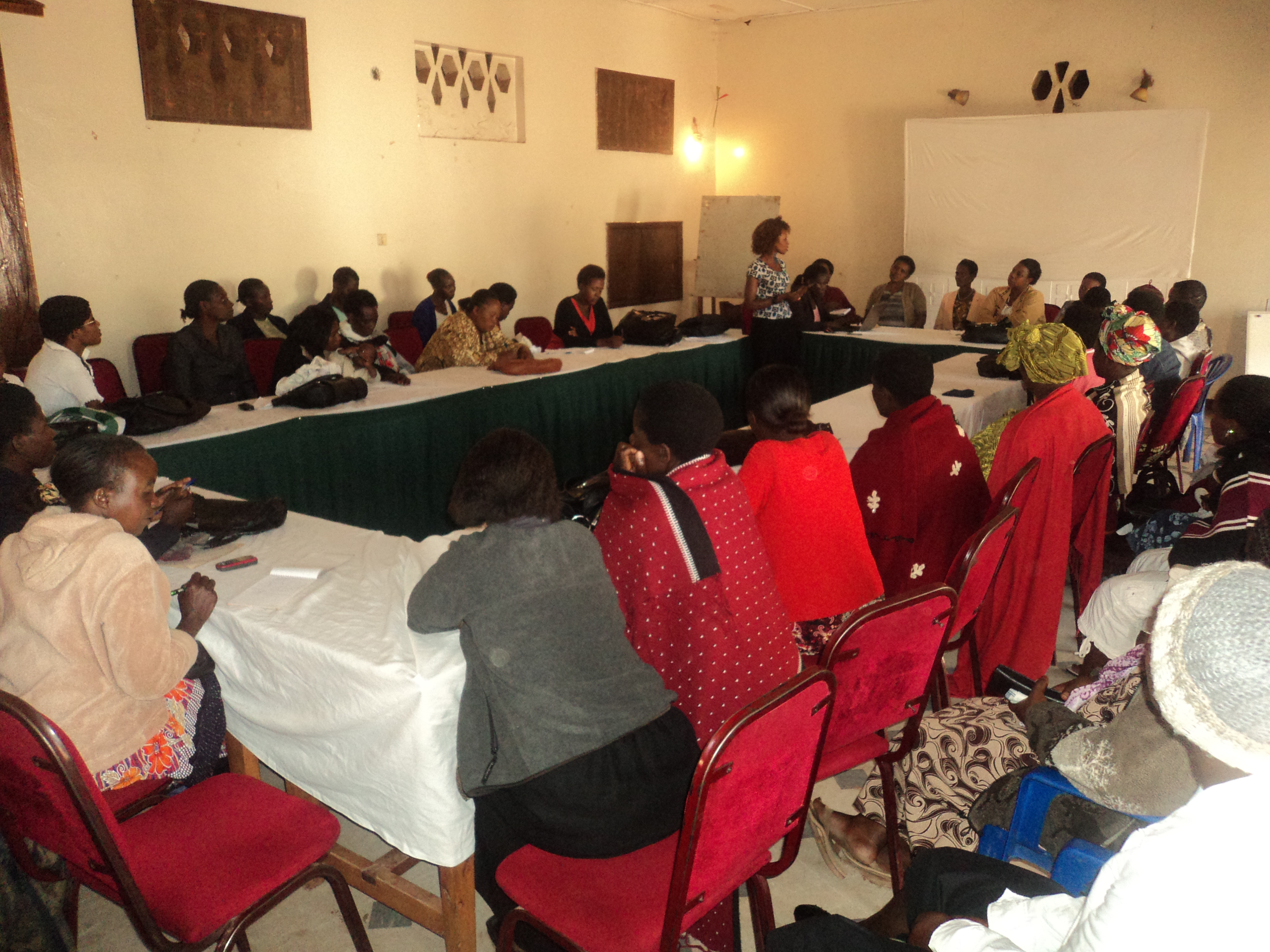
CLIJNET is integrating gender justice into climate
Raising awareness and building capacity relating to gender and climate issues among
decision-makers
CLIJNET members to effectively participate in climate
change negotiations
Developing more effective climate protection and adaptation through empowering
women to make active, maximum contributions to mitigation
CLIJNET is is working to achieve gender and climate justice
Increasing the knowledge base on gender and climate issues through research, action-
oriented learning and frequent knowledge exchange
Why gender into climate policy?
Increasing the participation of women in the formal policy making process, including
grassroots women
Vision
The change we envision is both profound and urgent. CLIJNET believes that in order to achieve
women’s rights, gender justice and climate justice, fundamental changes are necessary.
Governance
As a national network, CLIJNET aims to share decision-making and responsibilities throughout
its membership and across regional and national borders.
Our objectives
The main objective of CLIJNET is integrating gender justice into climate change policy at local
and national levels. CLIJNET is is working to achieve gender and climate justice
Our Strategy
Given the diversity of CLIJNET, our strategy involves drawing on the rich knowledge gained in
a variety of contexts. Our members and partners are able to use their experience.
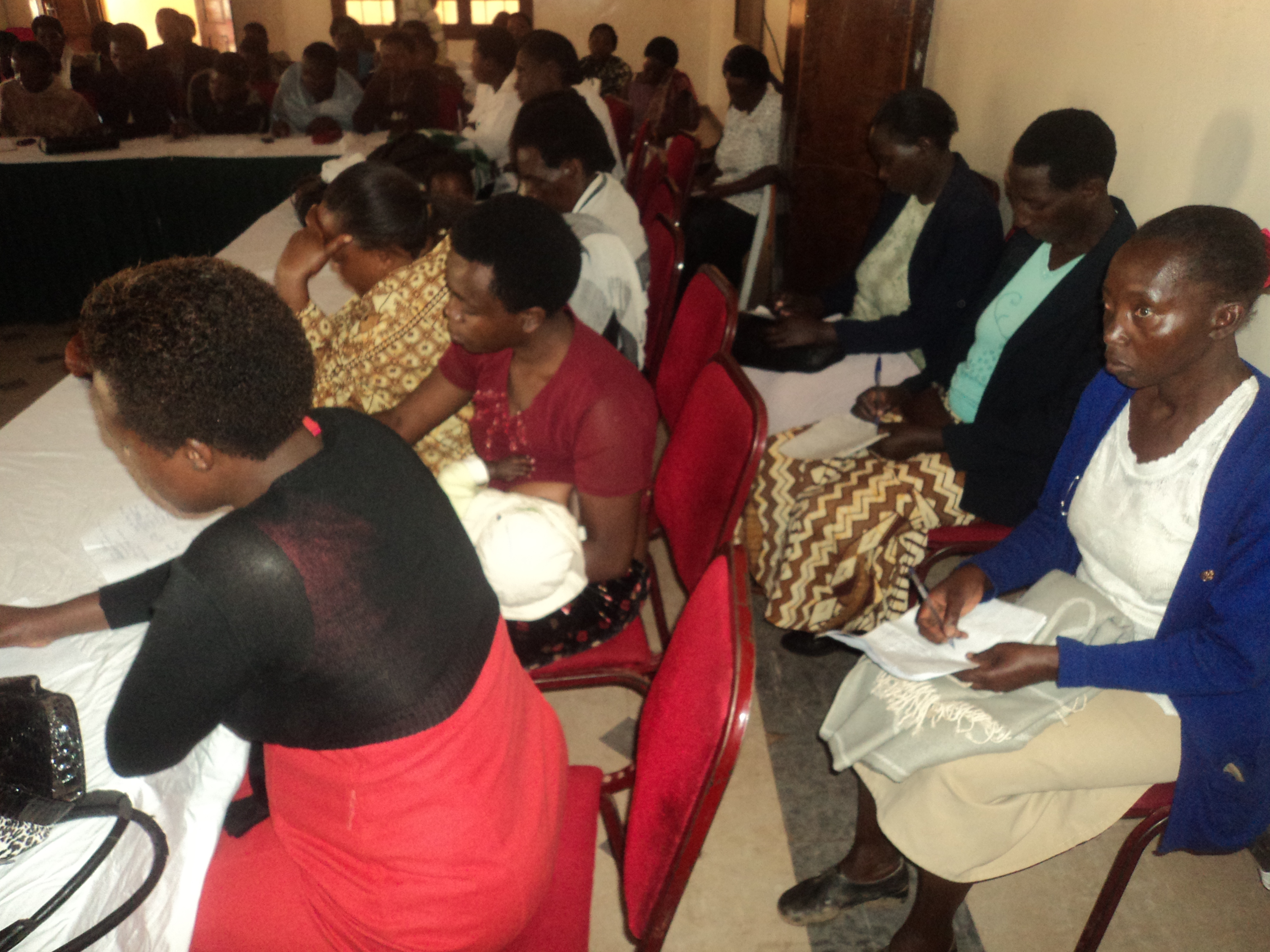
Climate Justice Network for Women
(CLIJNET)
Climate Justice Network for Women (CLIJNET) is a national network of organizations, experts
and activists working for gender equality, women’s rights and climate justice in Uganda.
CLIJNET has evolved in the context of the international climate negotiations (UNFCCC). It
includes women and gender experts working in policy, research and practical implementation
at national and local levels.
CLIJNET is working to achieve gender and climate justice by:
a) Raising awareness and building capacity on gender and climate to improve climate policies
b) Increasing the knowledge base on gender and climate to identify effective mitigation
and adaptation options
c) Empowering women to actively contribute to mitigation and adaptation
d) Enhancing cooperation on gender and climate issues at all level
e) Advocating for gender and climate justice as overarching, guiding principles.
Focus areas
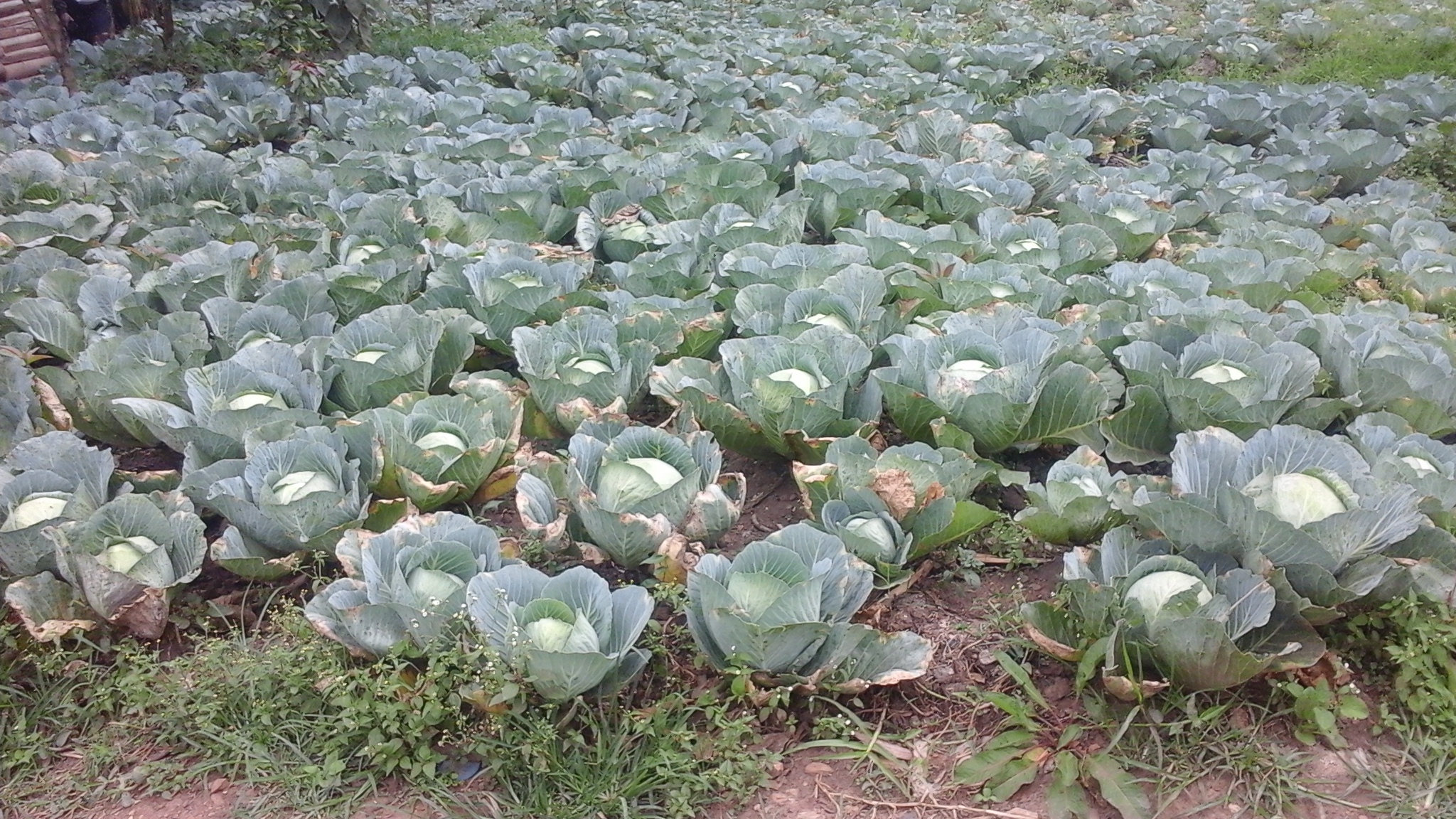
Agriculture, gender and climate change
The agriculture sector is fundamental to the survival of people and communities, partly for the obvious reasons of food production and security.
Read More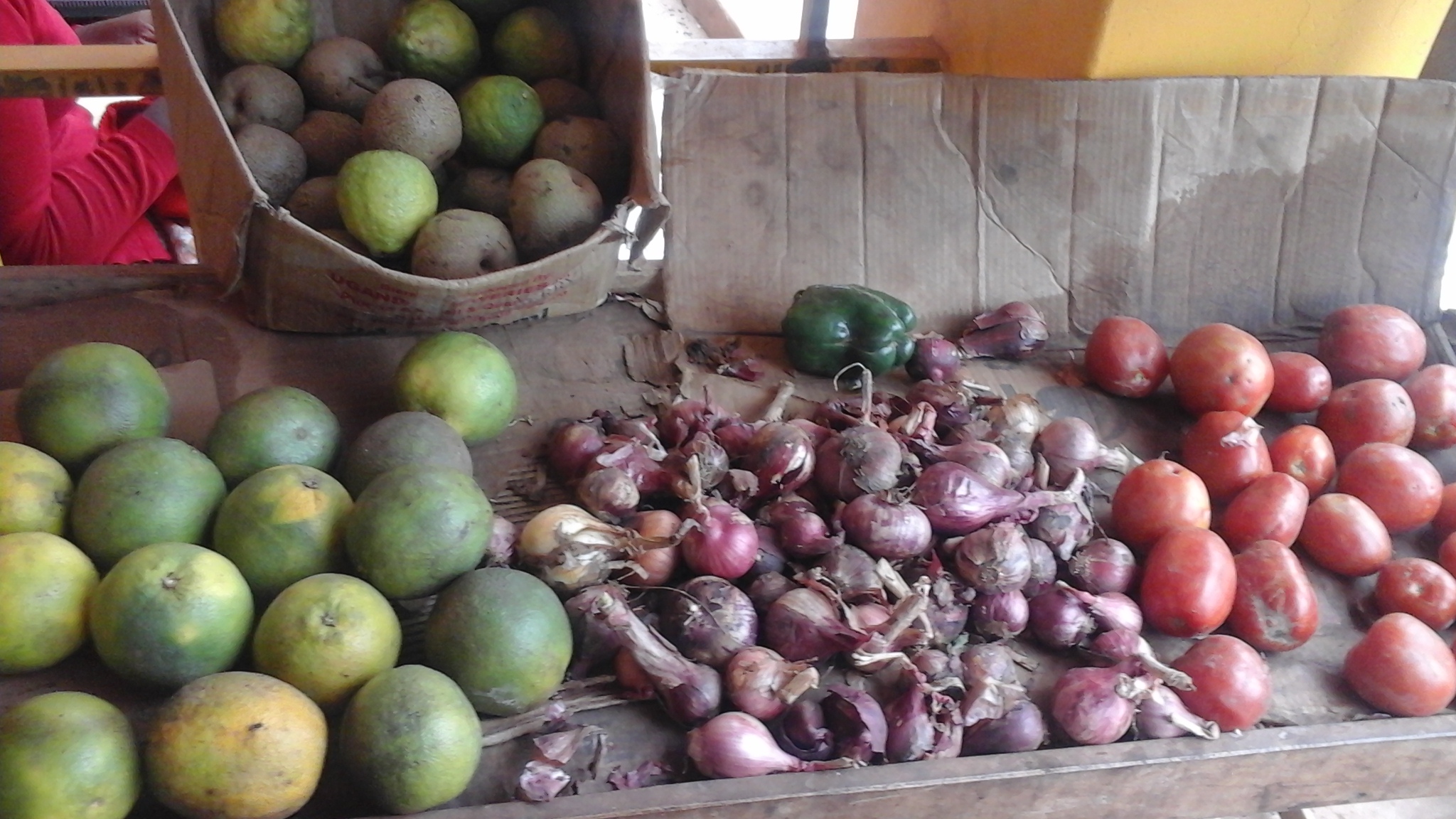
Biodiversity gender and climate change
Climate change influences the rich variety of life on earth, and even small changes in climatic
conditions can have extensive consequences for biodiversity.
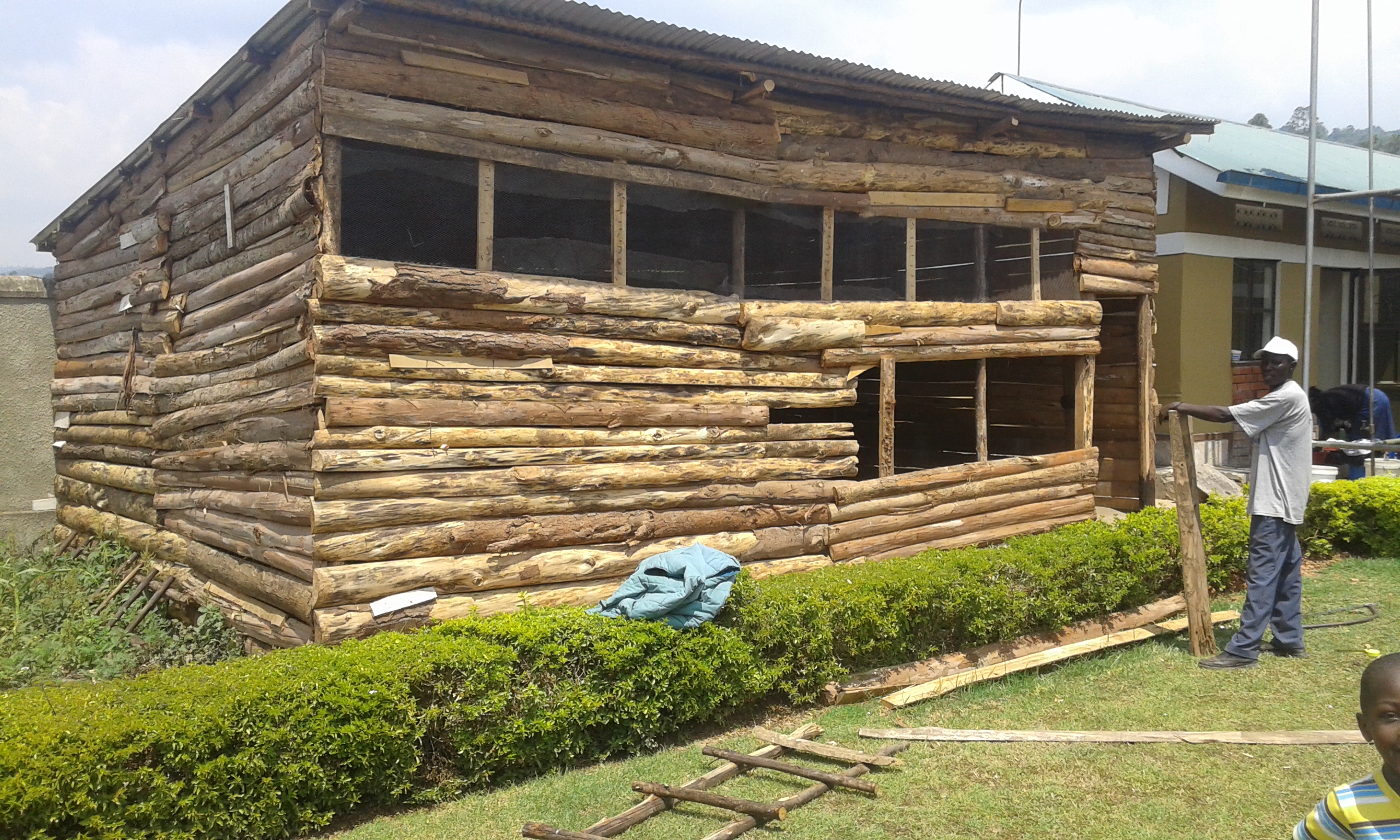
Consumption, gender and climate change
Climate Change is caused by carbon-intensive and unsustainable ways of production and
consumption. GHG emissions occur at all stages of the production, transportation, utilization.
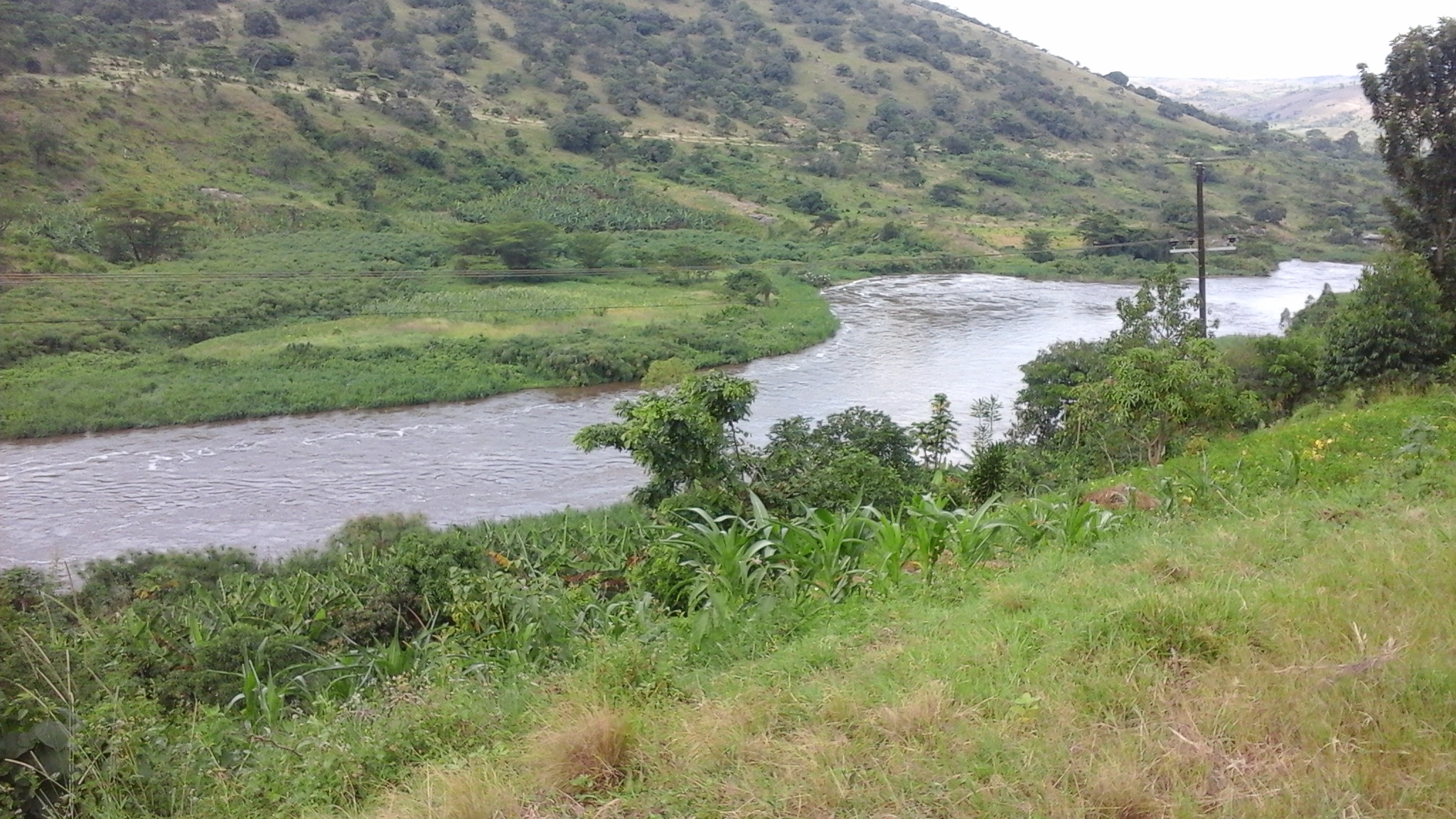
Health, gender and climate change
Climate change has significant impacts on human health. Global warming, rising sea levels and
extreme weather events, alongside increasing rainfall in some regions
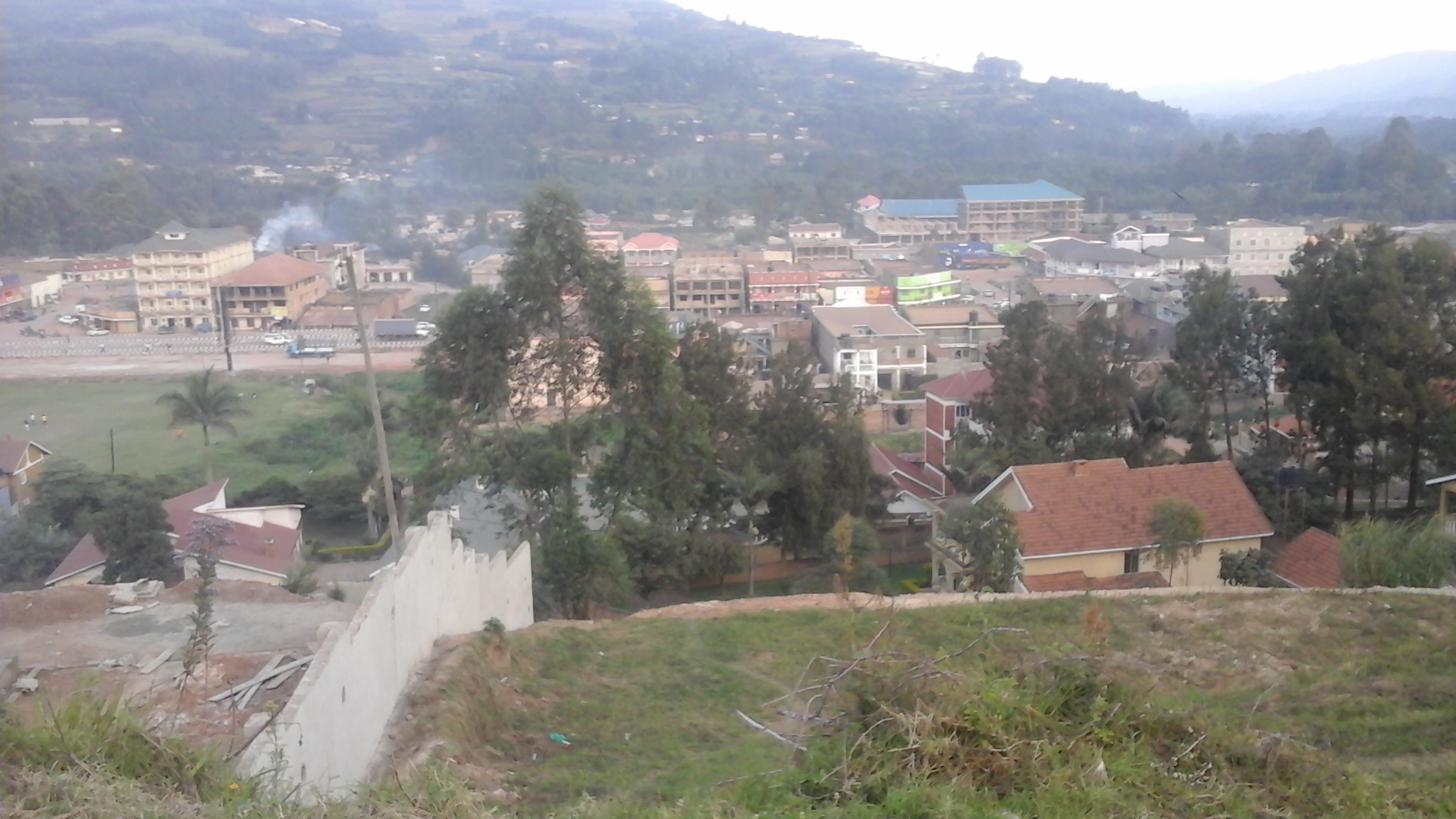
Energy, gender and climate change
Energy consumption is a key contributor to climate change and features prominently in climate debates.
The energy sector accounts for 60% of total greenhouse gas emissions worldwide.
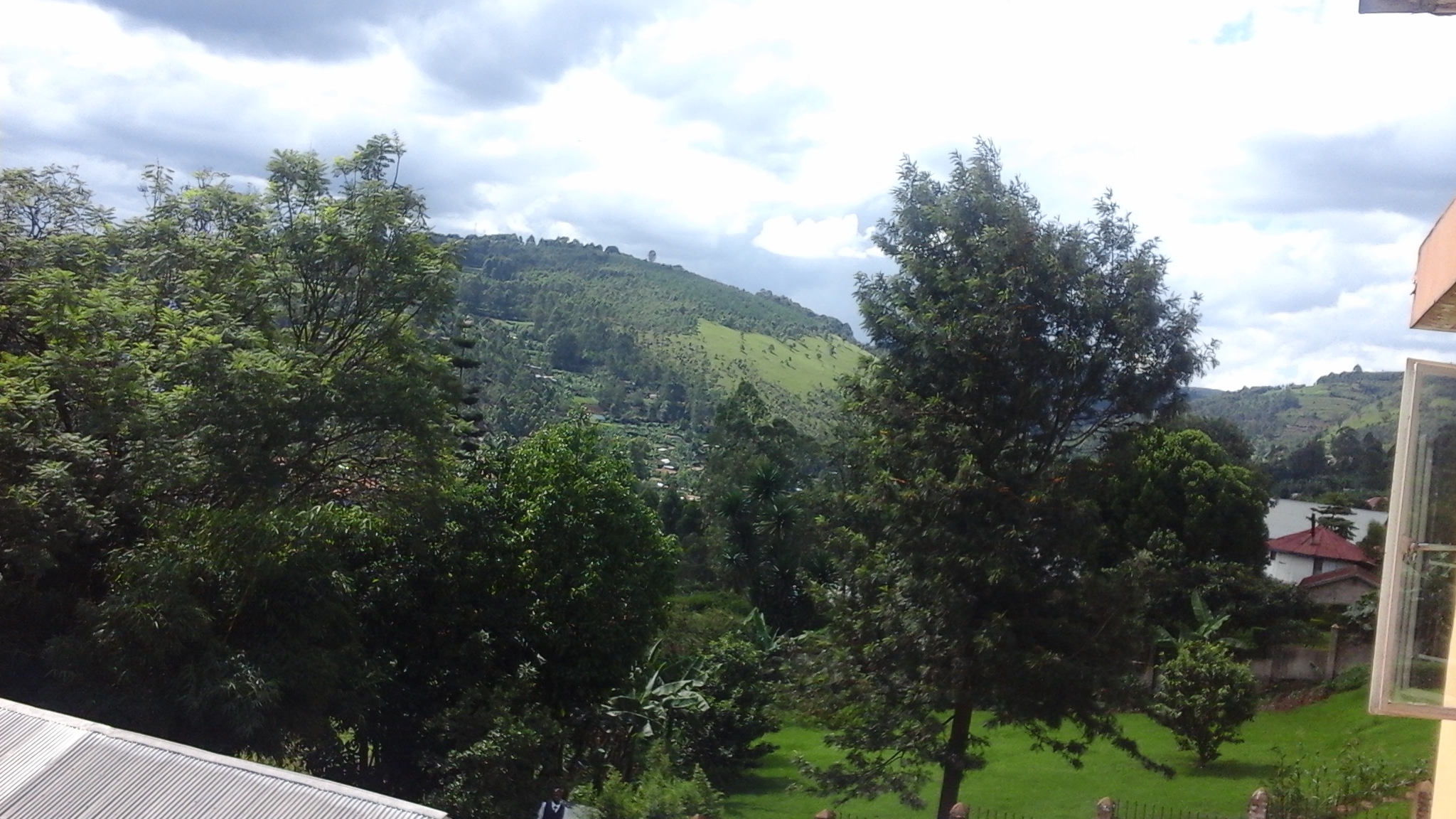
Forests, gender and climate change
Because of their carbon storage capacities, forests are a major issue in climate change politics. They are
complex ecosystems that provide subsistence and income for many people throughout the Country.
Our Strategy
CLIJNET
Given the diversity of CLIJNET, our strategy involves drawing on the rich knowledge gained in a variety of contexts. Our members and partners are able to use their experiences in their
respective communities to assess what needs to be done in terms of policy, research and implementation and how we can coordinate these activities to achieve the optimal impact.
Whether at the local or national level, all actions should be interconnected, given the need for local and national experiences to be reflected at the national level.
Members
Comminities
Projects
Resources
Request Information
Women’s participation
Improving the participation of women in climate change decision-making presents an ongoing
challenge, both at local and national level. While there is some progress, it is important to keep
in mind that in order to enable equal participation of women in climate change processes at all
levels, there is a need to address the deep-rooted social and cultural inequalities that can act as
constraints to women’s real inclusion and prevent them from participating meaningfully.
BLOG


